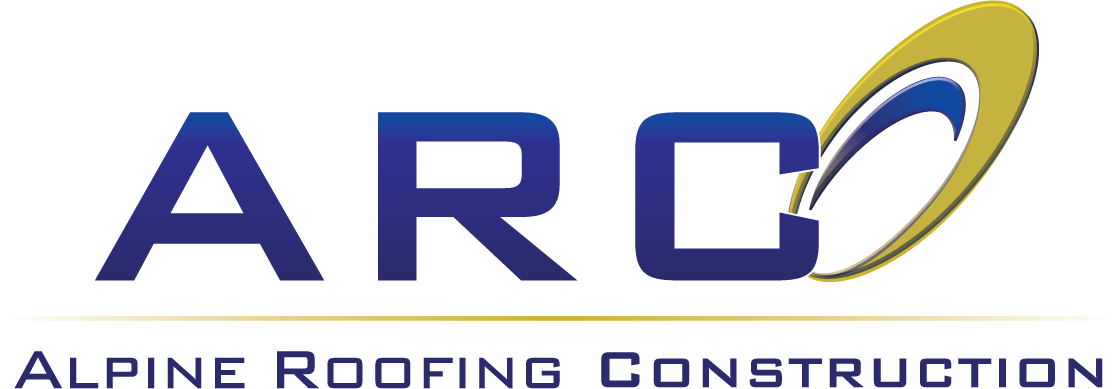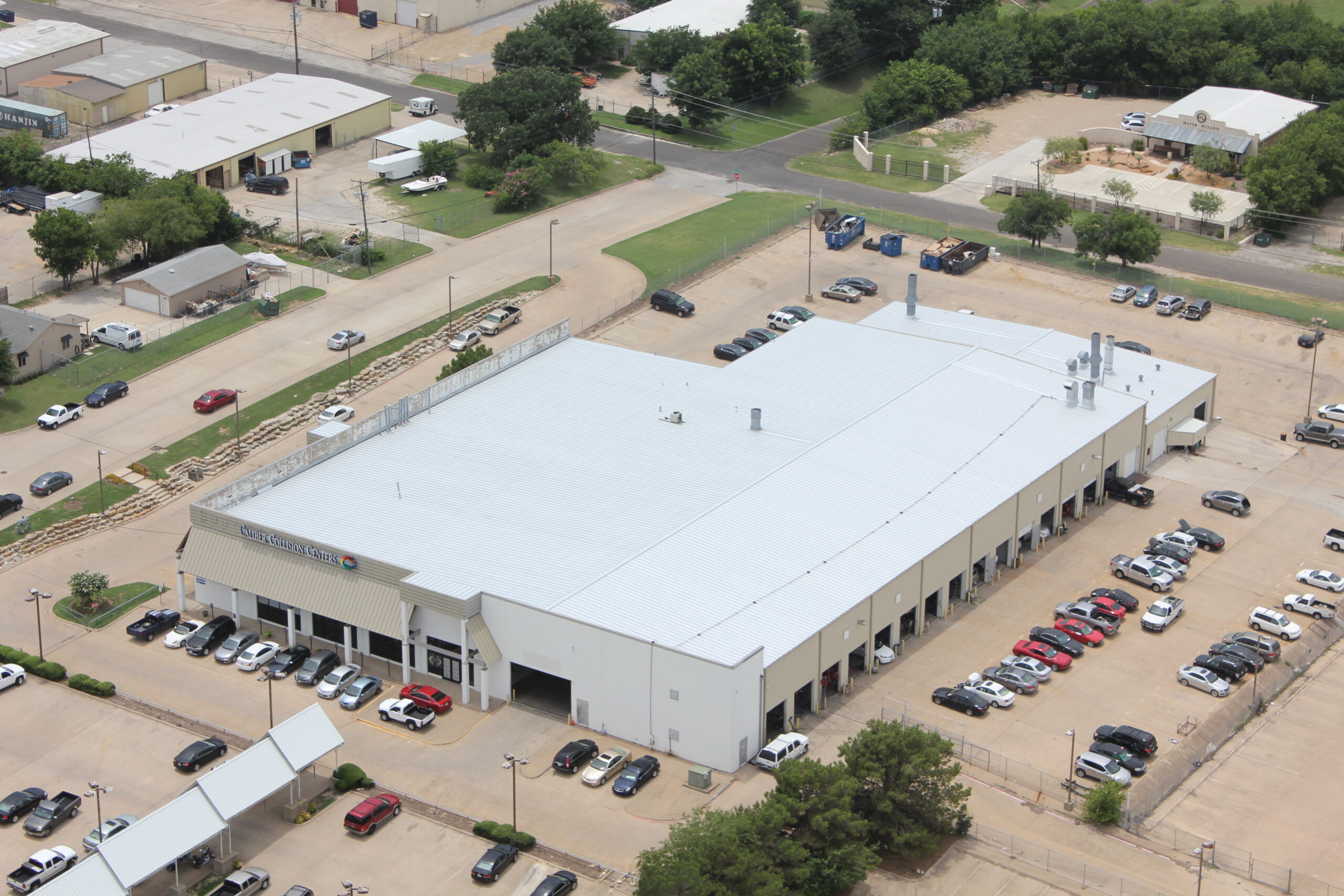While some companies operate mostly online these days, there’s no replacing a brick-and-mortar store. Many businesses depend on commercial buildings, and when a building has problems, it can cause various business issues.
If your roof is old or damaged, you’ll want to replace it as soon as possible. When doing so, it’s worth considering the various options available to you. Flat roofs are a popular choice as they offer a range of benefits.
In this guide, we’ll take a look at some of the key advantages of installing a flat roof on your commercial building. Keep reading for more.
Easy Installation
This is one of the most important benefits for a lot of businesses. When comparing flat vs pitched roofing, the former has an easier and faster installation process.
You’ll likely experience business interruptions while your new roof is being installed. Downtime can cost you a lot of money, so you want to keep it to a minimum. Getting your new roof installed quickly will allow you to continue operating as normal.
Energy-Efficiency
A lot of the most commonly used flat roof materials are reflective. This will help keep your building colder on hot days. As a result, you won’t need to use as much energy to cool your building.
Energy prices always seem to be on the rise. Having a roof that helps improve the energy efficiency of your building will help you save on monthly expenses.
On top of this, it will reduce the impact your company has on the environment. Reducing your carbon footprint is always a good thing. You can even highlight your efforts to do so in marketing materials for your business.
A lot of companies are turning to renewable energy these days to reduce utility bills and environmental impact. Solar energy is the most popular choice, and flat roofs are well suited to this. It’s easier to install and maintain solar panels on a flat roof than a pitched one.
Equipment Storage
A lack of storage space is an issue for a lot of businesses. It can result in stock issues and only becomes more problematic as a business grows. The more storage space you have available, the better.
Unlike a pitched roof, it’s easy to install weather-resistant systems on a flat roof, potentially increasing your storage space by a significant amount. This space can be used in various ways, such as the installation of HVAC systems. On top of saving space, this will make maintenance and repair work on these systems much easier.
Drainage Options
Damage to a commercial building is never a good thing, and a big problem that a lot of businesses face at some point is water damage. Standard gutter systems can typically deal with small amounts of rainfall. In periods of bad weather, however, they may become overwhelmed.
If guttering becomes clogged, it can easily overflow. This excess water can cause serious damage, so you want to avoid it.
More elaborate drainage systems are better suited to dealing with large volumes of water. Flat roofs are ideal for storing these. They can effectively divert water off of your roof and away from your building.
Framing Requirements
Many modern buildings are made from concrete and steel. These provide an ideal degree of strength and durability. On the downside, however, they don’t work well with metal framing.
This can make it difficult to build pitched roofs on them. Flat roofs don’t require any wooden framing, making them far more suitable. The membranes used in flat roofs also work well with these materials.
Easy to Access
Climbing onto a pitched roof is never easy or comfortable. It should only really be done by a professional when carrying out repair or maintenance work. Even then, they need to have suitable safety equipment as there’s more risk.
A flat roof, on the other hand, is much easier and safer to access. Someone isn’t likely to slip off, making any maintenance work significantly easier.
Extra Space
If you have a roof that’s easy to access and safe for everyone, you may be able to make effective use of the space. Depending on its construction, you could use it in various ways. Rooftop gardens are a popular choice, and some even go for a green roof.
Cost-Efficiency
Cost is always a key factor for any business decision, and this is another reason why flat roofs are so popular. As discussed above, installation is quick and easy, so you can save on upfront costs.
On top of that, the materials used for flat roofs are generally quite inexpensive. Pitched roofs also take up more square footage, so not only are the materials more expensive, but more of them are needed.
Maintenance
You should always take maintenance into consideration. If you don’t keep your roof well maintained, it will degrade quickly, regardless of the type.
One of the disadvantages of flat roofs is that they typically require more maintenance than pitched roofs. This is because they tend to collect more debris over time.
With that said, maintenance on flat roofs is significantly easier due to their ease of access. As such, overall maintenance costs are usually lower for flat roofs than pitched roofs. It’s also easier to spot damage due to the flat surface, so any issues can be dealt with quickly before they become major problems.
Life Span
There’s a range of materials available for flat roof installations. Though they’re generally cheaper than those used for pitched roofs, that doesn’t necessarily mean they’re of lower quality. If you look after it properly, your flat roof could last for decades.
Should You Install a Flat Roof on Your Commercial Building?
A flat roof is a great option if you’re looking for something you can install quickly, easily, and for a low price. You’ll be able to make effective use of the space, and it will be easier to maintain than a pitched roof.
Alpine Roofing Construction provides professional commercial and residential roofing services. We operate in the Dallas & Fort Worth metroplex area as well as Louisiana and Oklahoma and have over 25 years of experience. Take a look at our flat roofing page to find out more.

